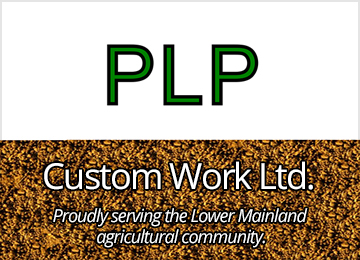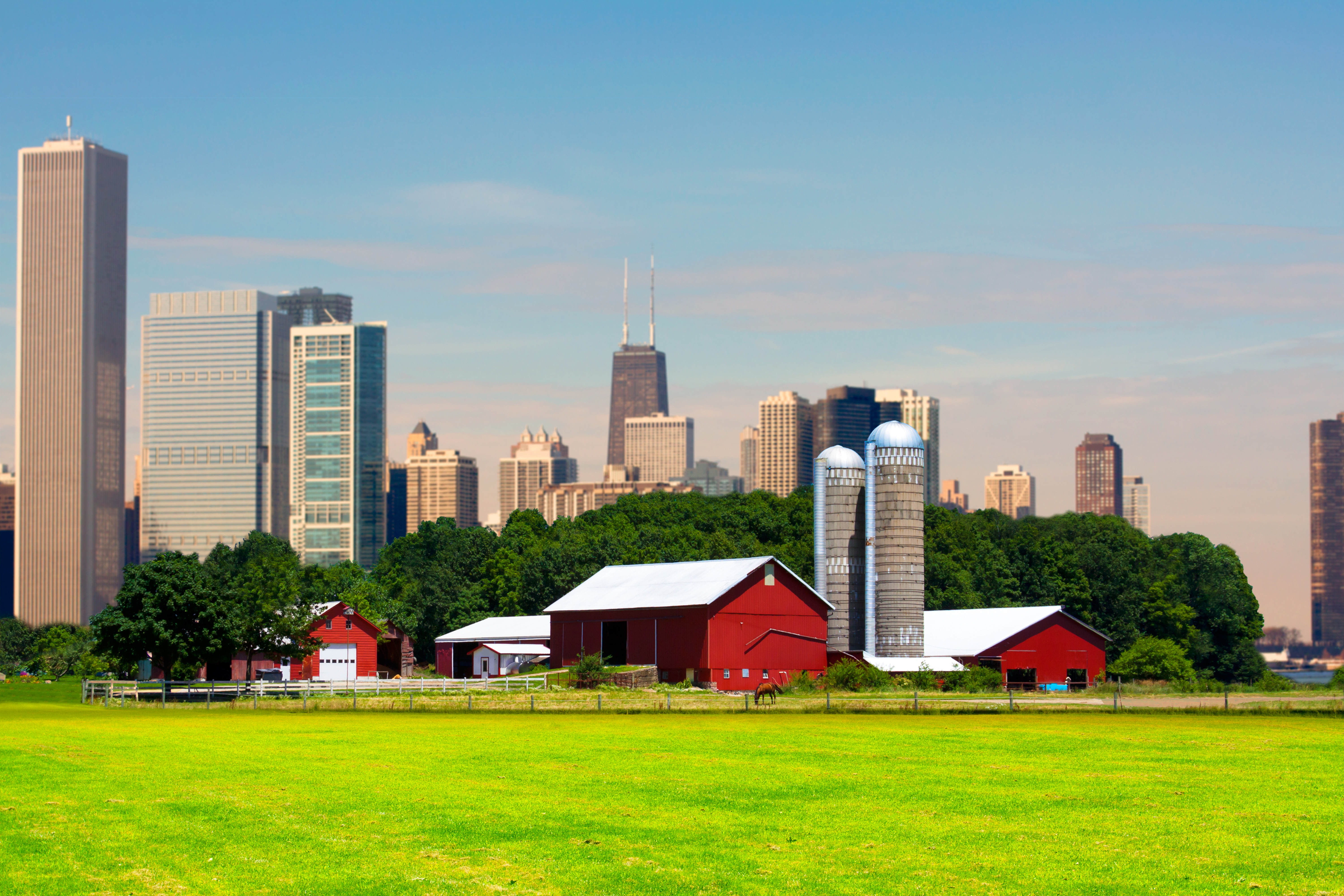Agriburbia is a developing urban movement that combines agrarianism, which values rural society as superior to urban society, with land development. It’s about making better use of the land upon which we’re sprawled and being aware of what is growing in our own backyard; a new way of viewing agriculture and infrastructure and how they can co-exist.
Agriculture has impacted my life from an early age. I have been in the field since I was a little boy, interacting with our customers at the retail front of Maan Farms. These interactions, which I once thought were meaningless, have now flourished into relationships with individuals, who view local agriculture with a different perspective than I do. These relationships have helped me understand what agriburbia means to someone from the city with an urban perspective.
The relationships have given me tremendous insight into how urbanites understand where their food comes from, how it is produced, and their expectations with local product they purchase. My new perspective has filled me with some alarm.
For example, for a few years now Maan Farms has been involved in agri-tourism and we provide a service for school children to come out to our facility to experience agriculture firsthand. A portion of their tour includes a trip out to the fields to see all the different crops and how they are grown. While out in the field, I stand in front of a specific crop and try to teach them a little bit about that crop’s specific growing needs and how it ends up on our dinner tables. A simple question I might ask is, “Does anyone know where potatoes are grown?” It doesn’t have to be potatoes, but this is a common food in every household. So the responses (and I kid you not) are something along the lines of, “In a tree!” or “On a branch!” And even though this specific topic may not have been a part of their learning curriculum at school, they have all eaten potato chips and French fries. Surely they should have a better idea of how potatoes are grown.
This begs the question: what else are these children unaware of when it comes to their food? And what will this mean when they are one day productive adults with their own families to feed? By then, they will most likely have figured out where potatoes come from, but will they know what field to fork really means? With an increasing urban population moving towards dense agriculturally prominent locations, individuals with false expectations of farming will have shocking realizations that local agriculture is not what TV or social media outlets have made it out to be.
For instance, I practice IPM (Integrated Pest Management) on a daily basis. This is a process of controlling pests such as weeds, diseases and insects by first going through three organic control practices (cultural, physical and biological); then, lastly, if none of these effectively works I must apply some sort of pesticide in order to ensure crop survival and to control crop loss. This is a very sustainable form of farming as pesticides are used in the most minimal amounts and only as a last resort. This process allows farmers to still effectively control pests while producing high yields, which can then feed the surrounding community, making that piece of land within the Agricultural Land Reserve of high value.
IPM is a safe form of farming, of which most of the general public is not aware. They do not know about the intensive daily scouting, detailed time-consuming logs and the research the farmer must undertake in order to make the most economical and sustainable control choice. And as more of the general public moves closer to the rural regions of our valley—where farmers practice IPM—we will have a new challenge of educating and providing insight into these farming practices like never before.
Because despite all of the steps I have implemented, and the large capital investment that I am making by spraying this chemical in order to ensure the survival of my crop, the only thing the next-door neighbour sees is a spray tank going over the field. Red flags go up when they witness a driver wearing a mask for protection from the spray substance. They conclude that this farmer must be a detriment to our community!
Assumptions made by members of the community reduce their respect for surrounding farmers and local agriculture in general. I have witnessed it time after time with organic-only consumers. They believe that organic is safer, even though there are organic pesticides that can be just as toxic as synthetic pesticides when not applied correctly. Assumptions have been a problem for local farmers for years, and in my opinion will continue to be a very large problem as the two geographic regions collide. It results in less support for local farmers, and can lead to a reduction in agricultural product within our community.
The children, who are going to be adults one day, have little understanding of what they are really eating and how it ended up on their fork. We need to take on the role of educator and combat the stereotypes of farmers. We must work together as rural and city dwellers—agriculturalists and urbanites.
As agriburbia further emerges, we can all do one thing to encourage cooperation—just get to know one another. It’s that simple. If the urban community and agricultural leaders within rural environments can develop relationships and interact with each other, we will develop a mutually beneficial symbiotic growing climate. This can also be achieved through farms encouraging families to visit or through organizations such as Ag in the Classroom. Farmers who provide a sustainable safe product will flourish and those who are not up to par will have no choice but to improve.
As more people move into rural areas and learn about the concept of agriburbia, we can continue to build our relationships, earning trust and fostering a better understanding of farming. We can move forward into the future together. Farm to fork will become a way of life.












